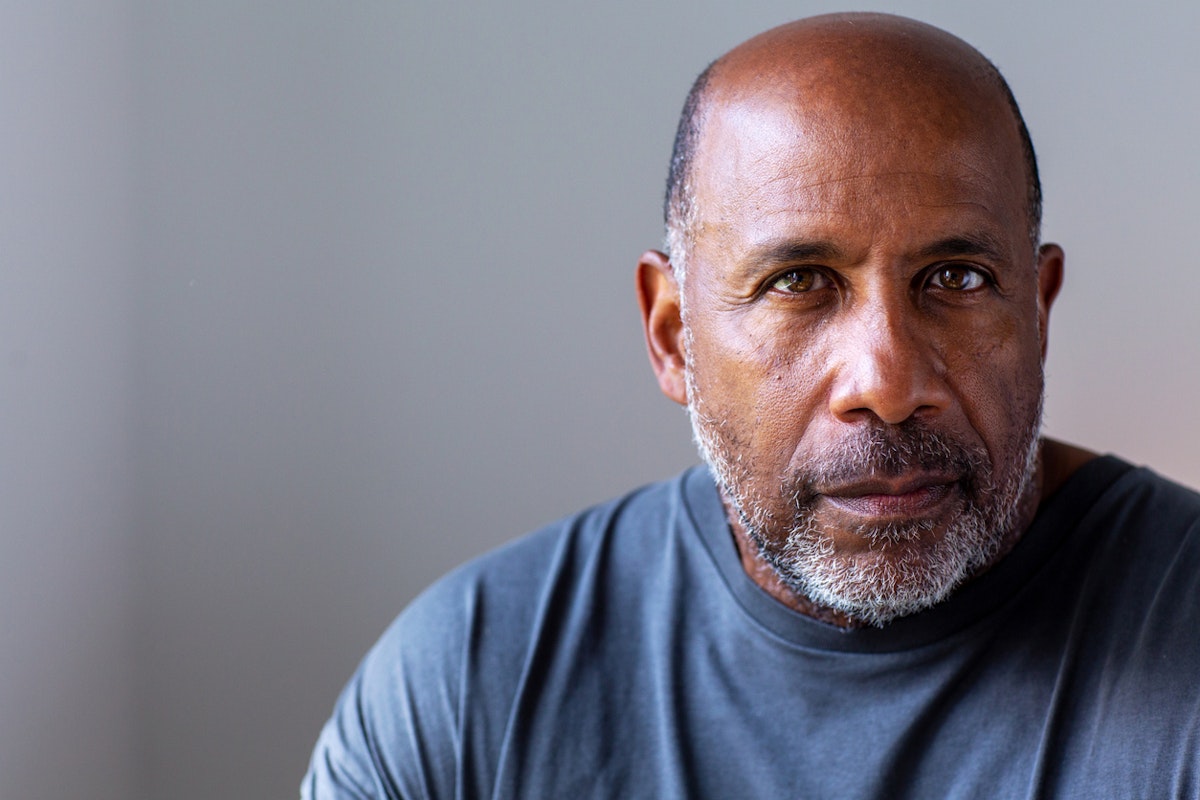The big picture: An estimated 770 detentions were made in the NHS Suffolk and North East Essex Integrated Care Board area in the year to March, very slightly down from 775 the previous year. This mirrors a national trend, with 52,460 new detentions recorded across England, up from 51,310 in 2022-23.
Racial and social inequality: Black people in Suffolk and North East Essex faced a detention rate 3.5 times higher than white people.
Those in the most deprived areas were also 3.5 times more likely to be detained than those in the least deprived areas.
Why it matters: These figures highlight ongoing concerns about racial and social disparities in mental health care and the need for reform of the Mental Health Act.

Behind the numbers: Racial disparities in Mental Health Act detentions may be influenced by various factors. These could include structural inequalities, socioeconomic differences, cultural attitudes towards mental health, and varying levels of trust in healthcare systems.
Some individuals from minority racial groups might face challenges such as potential bias in diagnosis, differing levels of access to early mental health support, and obstacles related to economic circumstances.
Interactions with the criminal justice system and the use of crisis services could also be factors that affect detention rates.
What they're saying: Minesh Patel, associate director of policy and campaigns at Mind, said: "The stark racial and social disparities in these statistics show how urgently we need reform to the Mental Health Act."
Patel called for an "ambitious Mental Health Bill" to address issues including the "overuse of restrictive, forceful practices".
He also highlighted the need to tackle "underlying systemic risk factors of poor mental health, including poverty, racism, insecure housing and employment".
The other side: A Department of Health and Social Care spokesperson acknowledged the findings as "unacceptable", stating: "The Government is taking forward plans to improve mental health services within the NHS, including much needed reform to the Mental Health Act."
The bottom line: While local detention numbers have remained relatively static, significant disparities persist, underscoring the need for comprehensive mental health care reform.







